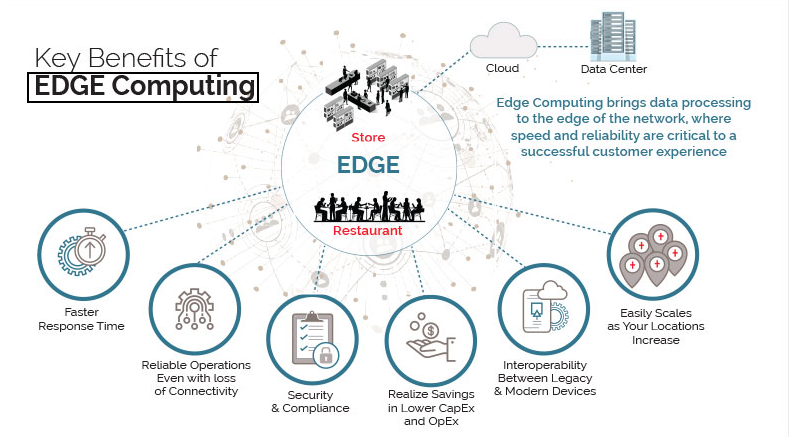In recent years, thanks to the rapid development of technology, the edge computing industry has received great attention from the industry and capital, and has stepped into the air with some benefits. The research and development, construction, and promotion and application of its platform can bring considerable economic benefits to industries such as transportation, medical care, entertainment, and industrial Internet.
However, self-built nodes will still face many challenges, such as heavy assets, high costs, poor flexibility, Operation and maintenance are difficult, security and reliability tests, etc.
Therefore, choose a cloud vendor with a complete technical system to quickly realize edge computing capabilities, and together with public clouds, fully support the “center + edge” business architecture requirements, and avoid self-built The problems in the process have become the choice of most companies.
The economic benefits of edge computing in this model mainly include:
1. Flexible Deployment
The first one is about its flexibility in deployment: one-stop edge computing services and agile delivery for various coverage scenarios. With an open operating environment, it can flexibly deploy various cloud services and applications, online remote management, and visual monitoring of operating indicators.
And it is very convenient to complete the docking with the central cloud system, and deploy various applications flexibly according to business needs. At the same time, it supports multiple processor architectures. After adopting edge computing services, it can obtain the ability of “one-minute agile delivery”.
2. Cost Reduction
The second benefit is because it reduces cost: buy on demand, pay on volume, realize the flexible expansion of the business, and save the cost of supply chain management, construction and capital investment required for self-built.
After the introduction of edge computing, a large number of processing responses occur locally, the frequency of terminal access to the cloud will be reduced by more than 80%, and the cost of computing, storage, and networking can be saved by more than 30%.
Trending Articles for Edge Computing
- 2021 Edge Computing Forecast, Trends & Market Size
- Edge Computing, Cloud Computing & Fog Computing
- Talking about MEC Mobile Edge Computing
- Top Ten Digital Transformation Trends in 2021: 5G, Artificial Intelligence, Telecommuting…
3. Security and Stability
The third benefit is it’s trusted security and stability advantage. They use cloud computing core technology to build a secure and stable edge computing core system. It has high security capabilities integrated with traditional cloud services, including DDoS cleaning and black hole protection capabilities.
Also included are multi-tenant isolation, automatic detection and cleaning of abnormal traffic, and center-edge security control channels. Supports simultaneous isolated operation of multiple operating systems, with built-in information security protection functions.
4. Saves Time
The fourth benefit is that it reduces time delay. The benefits of the shortening of the spatial distance not only shorten the transmission delay, but also reduce the delay of various routing and forwarding and network equipment processing in complex networks.
As the probability of network link contention is greatly reduced, the overall delay can be significantly reduced, and real-time application scenarios with a response cycle of milliseconds are supported.
Related Questions of Edge Computing
- importance of edge computing
- disadvantages of edge computing
- applications of edge computing
- what is edge computing
- pros and cons of edge computing
- challenges of edge computing
- future of edge computing
- the advantages of employing edge computing
- The benefits of edge computing PDF







